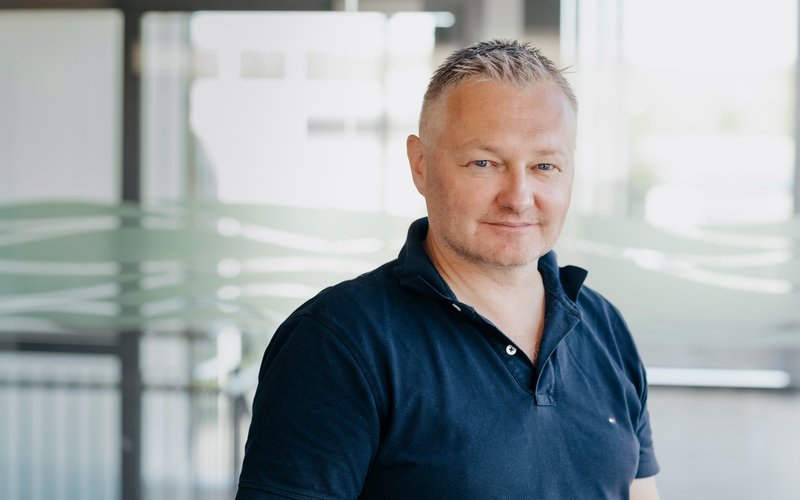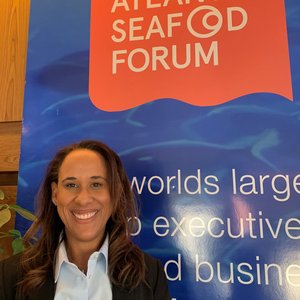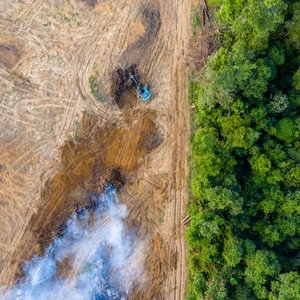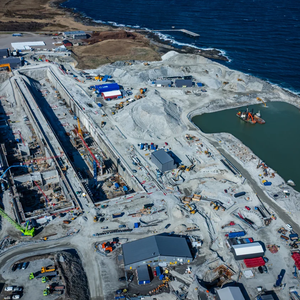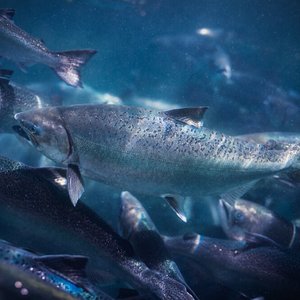Norway-based Pronofa was established in January 2021 and was spun out of Denofa, a company with more than 110 years of industrial experience in foodstuffs and feed production. Pronofa defines itself as a trailblazer for new and sustainable raw materials for use in future food production. It has added its own expertise and experience to the acquisition of several smaller companies with more than 15 years of experience in low-trophic aquaculture (tunicates cultivation) and entomology (Black Soldier Fly farming). They are the two business areas of the company today.
Tunicates
Pronofa is the first in the world to utilize tunicates for large-scale food production. The company uses the local variety called Ciona, which grows naturally along the coast of Norway and Sweden.
Tunicates were initially tested in a feed trial but soon the team realized that it was possible to harvest them and use the low-trophic raw material directly for food. “That is why we changed focus a bit, so now we are supplying it for human consumption. We are actually launching them as minced meat to the convenience food market and the retailers,” said Hans Petter Olsen, CEO Denofa & Pronofa, at the North Atlantic Seafood Forum (NASF).
Despite the main effort now is to launch it directly for human consumption, the feed industry is still the target since the volumes they can harvest and the scalability are huge.
“Tunicates contain a high percentage of water. When it comes to feed, it has to be reduced to a meal, removing all water. Tunicates contain high levels of salt and ash, and this is where the challenge is for feeds,” said Hege Rivedal Ødegaard, R&D director at Pronofa.
“However, when reduced to a meal, tunicates offer many benefits such as high levels of proteins and low fats – which are mainly omega-3 fatty acids. The protein profile is similar to meat since tunicates are actually animals,” Ødegaard explained.
The company is currently working with Skretting on a three-year project to assess the potential of tunicates in salmon feeds. Olsen said that potentially it could be included in 10-15% and these are the tests the company is running now with Skretting. Pet food is also the target and they have already developed several varieties of pet food based on tunicates.
In terms of market position, as a general principle, the company does not want to go into niche markets. “We want to supply volumes and we know that it is possible to scale it up. The challenge to the feed industry is removing the water and the ash and that would impact the costs,” said Olsen. “We know that we are able to do it now because we have developed this minced meat for human consumption and that is why we are seeing if we can do it for the feed industry. We don’t want to be a niche, high-premium market supplier.”
The company is producing tunicates in Stenungsund, Sweden, with a processing plant. Pronofa has been granted four different R&D locations in Norway in 2024 where it is setting up new structures with the aim of scaling up ten times the volume that they have in Sweden. “We plan to have our second plant running next year in Norway with ten times the production capacity we have in Sweden. We also have several other permits or applications for permits in other places,” Olsen said.
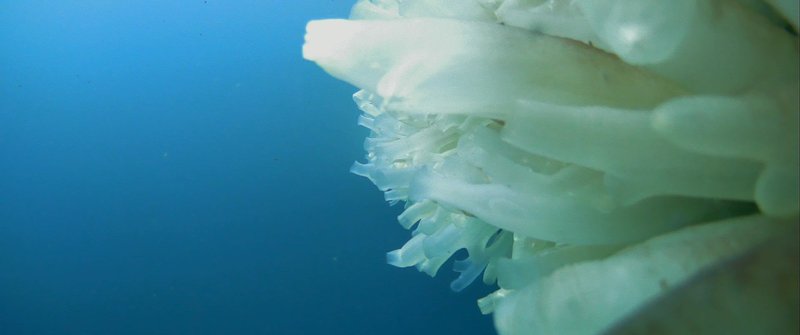
Tunicates. Credits: Pronofa ASA
The insect business
Pronofa acquired Flying Feed and Ecoprot and has explored the possibility of starting production of Black Soldier Fly (BSF) in Norway.
Biologically, Black Soldier Fly larvae can consume and utilize nearly all organic material. However, they are currently not allowed to consume anything other than what production animals are fed. Feeding chicken feed to a larva that will eventually become chicken feed is, obviously, pointless.
“Nature gave us these beautiful machines that are insects which are the best things you can produce to, at least, cover part of the need for fish production. We can use insects in aquafeeds, and you get an excellent product. However, the most important problem is its high price, a price that the aquafeed industry does not want to pay for, ending in the pet food market. That is a problem,” said David Tehrani, project manager at Pronofa, at NASF.
“Norway has a goal that all aquafeed should be made from sustainable ingredients but the industry is moving slowly and authorities are very passive. We have to decide what we are going to do, what we are going to produce, sustainable or not, and we have to decide today. If the authorities choose to facilitate it, this could be a catalyst for a real circular economy in practice,” Tehrani said.
Pronofa has nevertheless continued its R&D work with multiple experiments on Black Soldier Fly larvae in its lab in Norway.


